 orcid.org/0000-0003-1798-714X
orcid.org/0000-0003-1798-714X| Home |
| Kindai-LSU Multiple Sclerosis Research Group |
| Myocarditis |
| Members |
| Pictures |
| Publications |
| Movies |
| Links |
| Blog |
| Lectures |
| English | 日本語 |
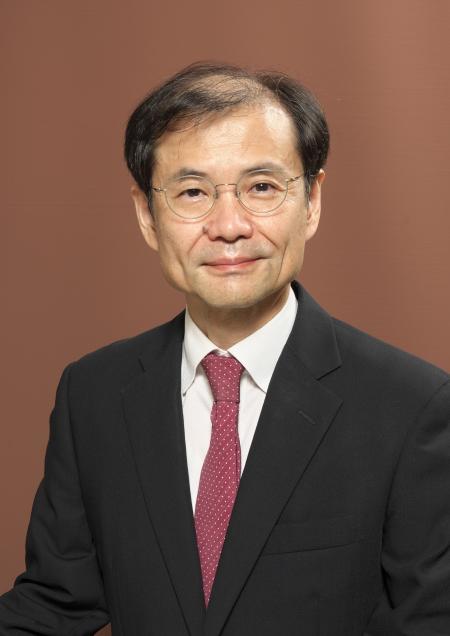 Professor
Professor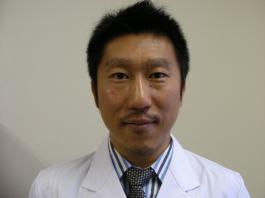 Fumitaka Sato, PhD
Fumitaka Sato, PhD 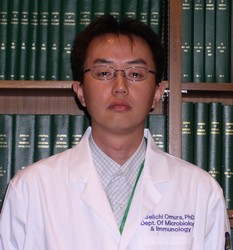 Seiichi Omura, PhD
Seiichi Omura, PhD 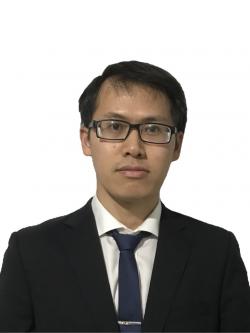 Cong Thanh Nguyen, MD, PhD
Cong Thanh Nguyen, MD, PhD 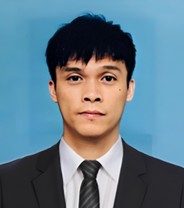 Alfredo A. Hinay, Jr., PhD
Alfredo A. Hinay, Jr., PhD 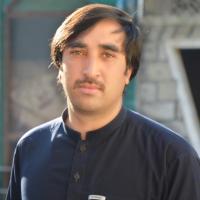 Graduate Student
Graduate Student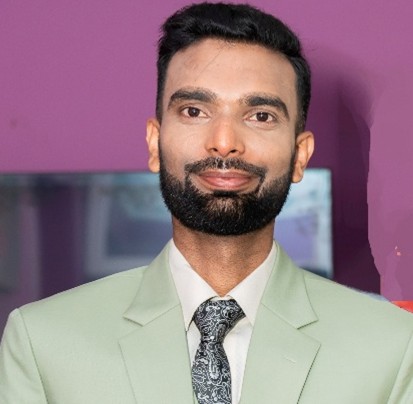 Graduate Student
Graduate Student